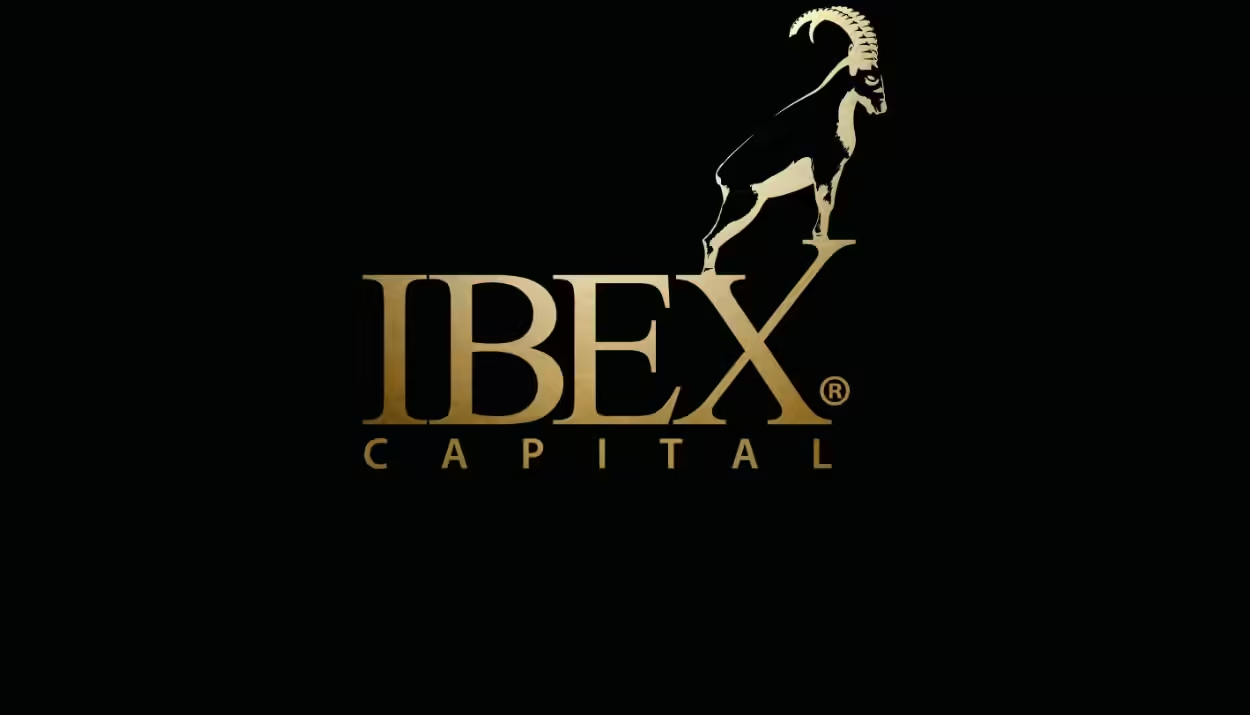Ibex Group, previously known as Steinhoff, has filed a lawsuit against the South African Reserve Bank (SARB) after the Bank refused to release R9 billion ($508.5 million) in funds intended to repay foreign creditors.
These funds were crucial to Ibex’s restructuring plan, which was designed to prevent the company’s liquidation and preserve up to 50,000 jobs in South Africa following Steinhoff’s infamous collapse in 2017.
Background of the dispute
In 2017, Steinhoff, a global retail giant, was rocked by a massive accounting scandal under the leadership of former CEO Markus Jooste, leading to its financial collapse.
An independent report by PwC later revealed that between 2009 and 2017, a few executives recorded fictitious transactions totalling $7.4 billion, leading to a significant loss of market value and immense debt obligations to foreign creditors.
To avoid liquidation and the loss of jobs for its staff, Steinhoff underwent a complex, multi-jurisdictional restructuring process.
This process included agreements with international creditors to extend the maturity dates of their loans.
The creditors’ willingness to extend these dates was based on explicit exchange control approvals granted by the Reserve Bank’s Financial Surveillance (FinSurv) department in 2019/20 and as recently as April 2024.
These approvals allowed Steinhoff to sell assets, including shares in its South African subsidiary, Pepkor, and use the proceeds to repay its international creditors. The R9 billion ($508.5 million) in question was generated from the sale of 500 million Steinhoff shares.
The Reserve Bank’s reversal and its implications
However, despite the earlier approvals, in July 2024, the Reserve Bank blocked the transfer of the R9 billion ($508.5 million). This decision followed an earlier incident where the Bank had blocked and seized R6 billion ($338.9 million) of Ibex/Steinhoff assets, alleging they were linked to exchange control contraventions by Steinhoff.
The Reserve Bank’s sudden reversal has raised concerns in the market that such actions could deter foreign investors from lending to South African companies.
According to Ibex, foreign investors might hesitate to invest in South Africa out of fear that their capital and interest could be blocked, as has occurred in other African countries.
Ibex CEO Louis du Preez expressed his frustration in court papers, highlighting that the Reserve Bank’s actions have placed the company in a precarious position and jeopardized the entire restructuring process.
Du Preez explained that the funds were meant to be the final step in a carefully constructed plan to settle debts and stabilize the company. The blocking of these funds resulted in immediate financial losses for Ibex and has undermined the confidence of its creditors.
Legal action
Consequently, on July 30, Ibex filed an urgent application with the court to overturn the Reserve Bank’s blocking order and allow the cross-border payments to proceed.
The company argued that the Bank was aware of the payments, approved them, and was actively involved in Ibex’s restructuring process. Therefore, the company contended that the Bank’s actions were unjust and inconsistent.
“The Reserve Bank had approved these payments pursuant to a specific application made to it by Ibex, but it first frustrated its own approval by preventing FirstRand from making payments and then undermined the approval completely by blocking the very funds that Ibex had realized as a direct consequence of the approval,” Du Preez said.
The case holds significant implications for South Africa’s financial sector. Should the Reserve Bank’s decision be upheld, it could set a precedent that may discourage foreign investors and creditors from engaging with South African companies. The fear of having their funds blocked or seized could lead to a reduction in foreign investment, which would negatively impact South Africa’s economy.
In the meantime, Ibex and its stakeholders are stuck in limbo as they await the court’s decision.






